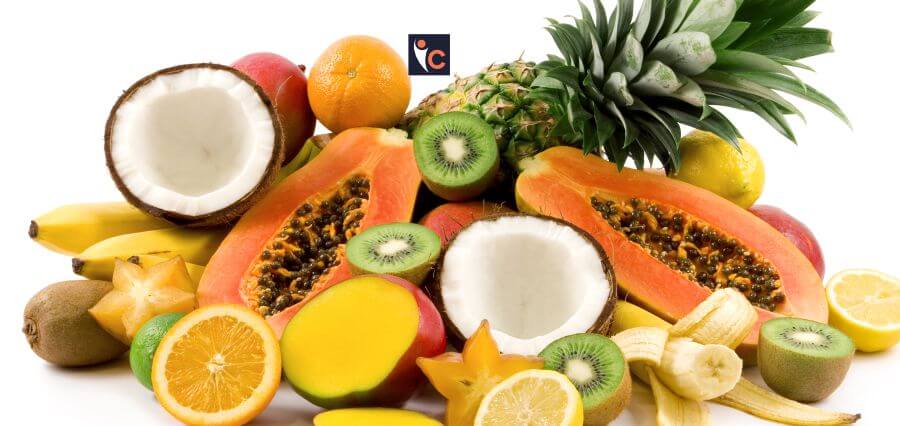Fruit is a common sight in many kitchens, and for good reason—it’s adaptable, high in antioxidants and fiber, and a perfect snack for on-the-go. If you consume enough of it, new research suggests that it may also lower your chance of developing depression. The study adds to the growing body of research indicating that dietary practices, especially a high intake of fruits and vegetables, may have a role in lowering the risk of depression.
Globally, depression is a significant public health issue. The World Health Organization (WHO) estimates that 280 million persons worldwide suffer from depression, accounting for 5 percent of all cases of the illness.
Women are around 50% more likely than men to experience depression, and over 75% of those living in low- and middle-income nations do not obtain any kind of treatment. The new study fills a research void on older persons 45 and over, and it was conducted by Post Doctoral Fellow Annabel Matison of the University of New South Wales Sydney’s (UNSW) Centre for Healthy Brain Ageing (CHeBA).
“Compared with depression in younger adults, depression in older adults has a greater impact on physical performance and cognition and is associated with lower quality of life and higher death rate,” Matison stated.
“Our aim with this study was to examine the associations between fruit and vegetable intake and depression in adults 45 years and older.”
The study included participants from the United States, Sweden, Brazil, Nigeria, Malaysia, and Australia, among other regions on six continents. Over a nine-year period, the study evaluated 7801 community-based adults who were not depressed and found a positive correlation between eating more fruit and a decreased risk of depression.
“This interesting finding of a protective association between fruit intake and risk of depression demonstrates a need to give a greater emphasis to diet in healthcare,” said Matison.
She said that while the data did point to a possible protective association between eating more vegetables and a lower incidence of depression, the relationship was not statistically significant.
“The reason we found a beneficial relationship for fruit but not vegetable intake may be that vegetables are typically consumed cooked, which may impact their nutrient content, whereas fruit is generally consumed raw,” she said.
Using either a short food questionnaire, a complete food frequency questionnaire, or their diet history, the participants self-reported how much fruit and vegetable they consumed. The Cox regression method was employed to investigate the connections between intake and depression throughout a three-to nine-year follow-up period, while “validated measures” were utilized to assess depressive symptoms, according to the researchers.
The researchers pointed out that there have been suggestions that the high concentrations of vitamins, dietary fibre, and antioxidants found in fruit and vegetables may be beneficial for depression through a variety of pathways, including their roles in inflammation, oxidative stress, and the gut microbiota.
Given that different fruits and vegetables have distinct nutrient profiles, it stands to reason that different kinds may affect depression risk in different ways. According to the study, there is particularly compelling evidence linking eating citrus fruits and green leafy vegetables to a lower risk of sadness.
Read More: Click Here















